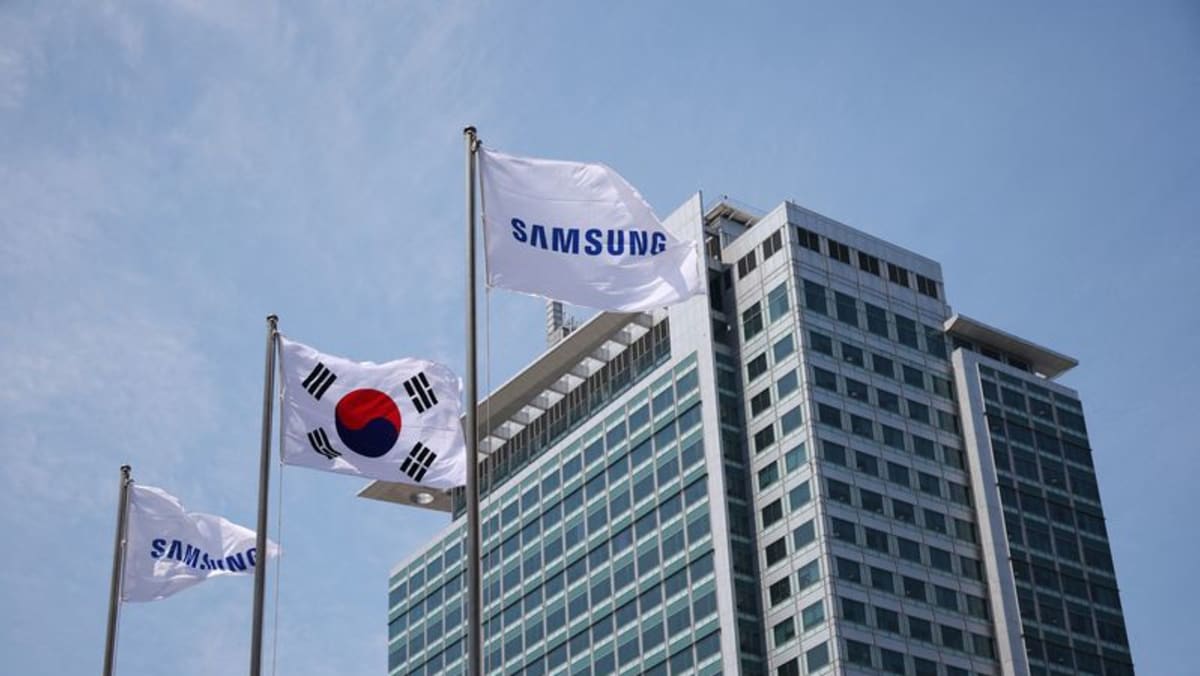Samsung workers’ union in South Korea starts three-day strike

HWASEONG, South Korea: Samsung Electronics workers in South Korea began a three-day strike for better wages on Monday, with their union vowing further action against the country’s largest conglomerate if their demands are not met.
The National Samsung Electronics Union (NSEU), whose approximately 30,000 members make up around 24 percent of the company’s South Korean workforce, is also calling for an additional day of vacation for union members.
However, due to low turnout and automated production, the strike is unlikely to have a major impact on production at the world’s largest memory chip maker, analysts said.
The union held its first industrial action last month, coordinating annual leave to effectively stage a mass strike. Samsung said the action had no impact on its business.
The company declined to comment on Monday’s strike.
The union, which did not disclose its participation rate last month, said 6,540 workers are striking this week, most of them at manufacturing sites and in product development.
On Monday, crowds of workers gathered near Samsung’s headquarters in Hwaseong, south of Seoul.
Union president Son Woo-mok denied media reports of low participation rates, telling Reuters that the fledgling union, founded five years ago, had not had enough time to train rank-and-file union members.
“There has been insufficient education about unions among union members and workers. However, I do not think that participation is low because our union is still young compared to other unions,” he said.
Lee Hyun-kuk, a senior union leader, said last week that if demands are not heard this time, there could be another wave of strikes.
Union representatives described the company’s bonus system as unfair because it is calculated on the basis of capital costs deducted from operating profits.
Union membership at Samsung has increased since the tech giant pledged in 2020 to stop hindering the growth of organized labor.
This growth reflects declining employee loyalty and poses another problem for Samsung as it struggles to compete for chips for artificial intelligence (AI) applications, analysts say.
On Friday, Samsung estimated that its operating profit would increase by more than 15 times in the second quarter. Rising semiconductor prices driven by the AI boom pushed profits up from the low level of the previous year. Nevertheless, the share price development lagged behind that of chip competitor SK Hynix.
The company’s share price was up 0.5 percent by midday on Monday, after rising as much as 1.72 percent earlier in the session to its highest level since January 2021. Last week, it rose 6.9 percent on the back of higher-than-expected preliminary second-quarter results.



